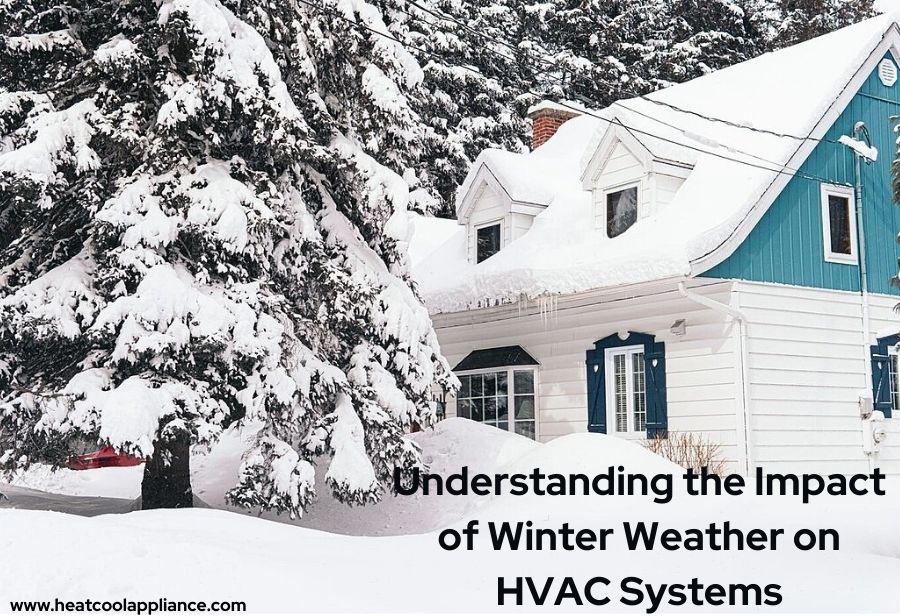As winter blankets the world in a cold embrace, our homes rely heavily on HVAC (Heating, Ventilation, and Air Conditioning) systems to maintain a comfortable indoor environment. However, the plummeting temperatures and harsh conditions that accompany winter can pose significant challenges for these systems
Increased Heating Load:
One of the most obvious effects of winter weather on HVAC systems is the increased demand for heating. As temperatures drop, the heating load on the system intensifies. This heightened workload can lead to more extended run times and potentially increased energy consumption. Regular maintenance and timely filter replacements are crucial to keep the system operating efficiently.
Frozen Components:
Sub-freezing temperatures can result in the freezing of various HVAC components, such as condensate lines, coils, and outdoor units. When water inside the system freezes, it can lead to blockages and damage. To prevent this, it's essential to ensure proper insulation and periodic checks to detect and address potential freezing issues.
Thermostat Challenges:
Extreme cold can affect the accuracy of thermostats, leading to inefficient heating or cooling cycles. Homeowners should regularly calibrate and check their thermostats to ensure accurate temperature readings. Smart thermostats, equipped with advanced features, can offer more precise control and energy savings.
Also read -: How a Smart Thermostat Can Help You Save Energy; 4 ways
Ventilation Concerns:
Proper ventilation is crucial for maintaining indoor air quality. Winter weather often results in sealed windows and doors, limiting natural ventilation. This can lead to the buildup of indoor pollutants. Homeowners should consider using energy recovery ventilators (ERVs) or heat recovery ventilators (HRVs) to ensure a constant supply of fresh air without compromising energy efficiency.
Efficiency Challenges:
Cold weather can impact the efficiency of HVAC systems, especially older units. Regular maintenance, including cleaning and inspecting components, is vital to ensure optimal performance. Homeowners may also consider upgrading to more energy-efficient models to reduce long-term operating costs.
Icing on Heat Pumps:
Heat pumps inspection san José , commonly used for both heating and cooling, may experience icing in winter. This can reduce their efficiency and, in severe cases, cause damage. Installing a defrost control system and keeping the outdoor unit clear of ice and snow can help mitigate this issue.
Insulation and Sealing:
Well-insulated homes not only contribute to energy efficiency but also ease the burden on HVAC systems during winter. Proper insulation and sealing gaps in windows, doors, and walls help maintain a consistent indoor temperature, reducing the workload on heating systems.
Conclusion:
Understanding the impact of winter weather on HVAC systems is crucial for homeowners looking to ensure year-round comfort and efficiency. Regular maintenance, timely upgrades, and adopting energy-efficient practices can help mitigate the challenges posed by the cold season. By taking proactive measures, individuals can not only extend the lifespan of their HVAC systems but also contribute to a more sustainable and comfortable living environment.


No comments yet